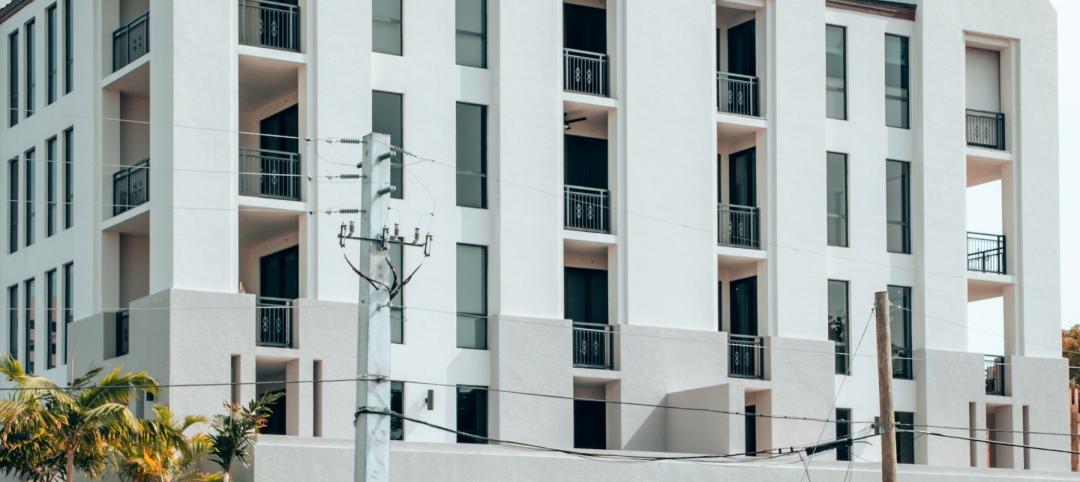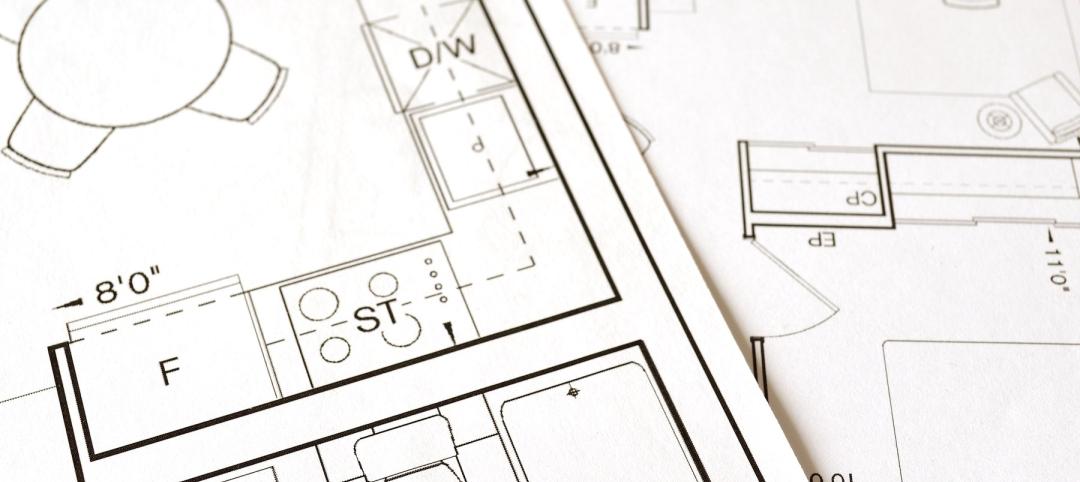In recent years, cities including New York, Chicago, Washington, D.C., Portland, Ore., and Fayetteville, Ark., have reduced or eliminated required parking spaces on major developments.
Many of these developments are located near mass transit stations and/or are affordable housing projects. In New York, the city eliminated parking requirements for low-income, “inclusionary” (with some units going to low- or middle-income families), and affordable senior housing developments that are within a half-mile of mass transit.
Chicago recently expanded areas targeted for transit-oriented development with parking requirements made minimal or eliminated. In January, Washington, D.C., reduced parking requirements for multi-family buildings and commercial buildings near metro stations and along high-speed bus routes. Last year, Fayetteville, Arkansas eliminated parking minimums for every new building except homes.
Developers say that parking requirements increase costs, making it more difficult to build affordable housing, especially in high-cost cities.
Related Stories
Industry Research | Nov 8, 2022
U.S. metros take the lead in decarbonizing their built environments
A new JLL report evaluates the goals and actions of 18 cities.
Resiliency | Nov 8, 2022
Oregon wildfire risk law prompts extensive backlash from property owners
A bipartisan bill aimed at protecting property owners from wildfires that was passed by the Oregon legislature has prompted a strong backlash.
Building Team | Nov 7, 2022
U.S. commercial buildings decreased energy use intensity from 2012 to 2018
The recently released 2018 Commercial Buildings Energy Consumption Survey (CBECS) by the U.S. Energy Information Administration found that the total floorspace in commercial buildings has increased but energy consumption has not, compared with the last survey analyzing the landscape in 2012.
Codes and Standards | Nov 2, 2022
New York City construction official wants to boost design-build
The new associate commissioner of alternative delivery in New York City’s Department of Design and Construction aims to encourage more design-build project delivery in the city.
| Nov 1, 2022
Updated Florida building codes helped newer homes withstand Hurricane Ian
Newer homes seemed to fare much better than older structures during Hurricane Ian, suggesting that updated Florida building codes made a difference.
Data Centers | Oct 31, 2022
Data center construction facing record-breaking inflation, delays
Data center construction projects face record-breaking inflation amid delays to materials deliveries and competition for skilled labor, according to research from global professional services company Turner & Townsend.
Energy Efficient Roofing | Oct 28, 2022
Rooftop mini turbines can pair with solar panels
A new type of wind turbine can pair well on roofs with solar panels, offering a double source of green energy generation for buildings.
Codes and Standards | Oct 27, 2022
Florida’s Surfside-inspired safety law puts pressure on condo associations
A Florida law intended to prevent tragedies like the Surfside condominium collapse will place a huge financial burden on condo associations and strain architecture and engineering resources in the state.
Codes and Standards | Oct 26, 2022
‘Landmark study’ offers key recommendations for design-build delivery
The ACEC Research Institute and the University of Colorado Boulder released what the White House called a “landmark study” on the design-build delivery method.
Data Centers | Oct 25, 2022
Virginia county moves to restrict the growth of new server farms
Loudoun County, Va., home to the largest data center cluster in the world known as Data Center Alley, recently took steps to prohibit the growth of new server farms in certain parts of the county.

















